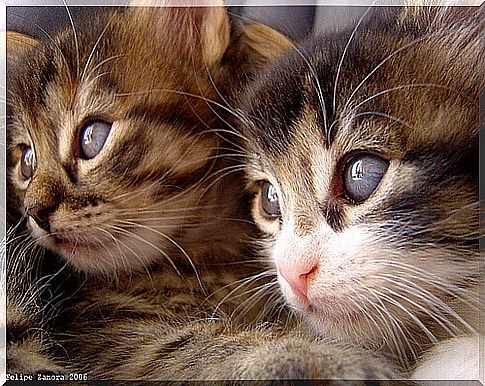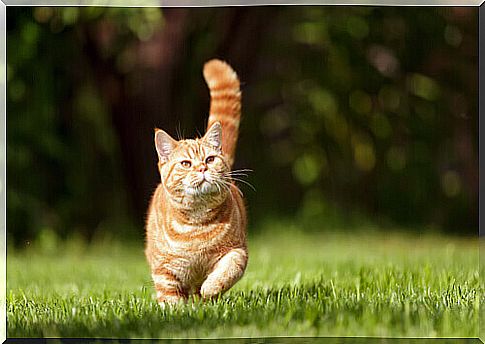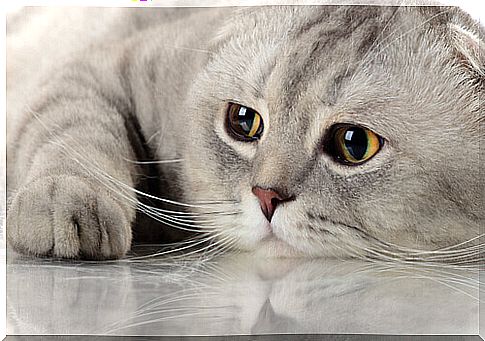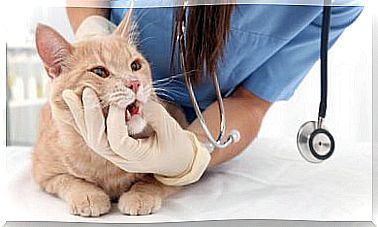Debunking Cat Myths

We all have acquaintances who don’t like cats. However, there are people who have a phobia to these pets, based mainly on myths about cats that do not have many foundations. Let’s look at some of them!
Of course, everyone has the right not to like something. What is not fair is to disqualify an animal or its owners for these preferences. The best thing to do in the face of prejudice is information, so we’ll break down some myths about pussies, so that at least you can make a more informed judgment.
Abandon the owners at the first opportunity
It is common to hear that cats “disappear” and abandon their owners. However, the reality about this is much more cruel than a simple wish of the animal, and it can be due to different reasons.
Compared to dogs, cats are more likely to explore the space around them independently, but on occasion they can become disoriented and get lost or even fall victim to accidents on their explorations.
So if your cat hasn’t returned home after a day or two, try to find him! It could be that he has not been able to find his way back home, that he is scared or that he is hurt.

The second reason could be that the cat is being underfed, feels mistreated, or has found a better source of food. Still, many of the cat explorations are for food. The fact that your cat brings you animals he’s hunted means that your pussy thinks you can’t feed yourself and is trying to feed you.
They don’t care if the owner leaves or arrives
This is not quite the case. Although cats are not very attentive to their owner’s departures and arrivals, they do notice and, on many occasions, greet him. The most normal situation is that the cat greets its owner when it returns from an exploration, either by rubbing against it, meowing and even licking it.
Cats have been shown to react to their owner’s voice, either by moving their ears or their head, but because they are not obsessively dependent on us, as is the case with dogs, the cat’s ways of showing affection are often interpreted as disinterest.
are not affectionate
One of the most pervasive myths about cats is that they are not affectionate. Instead! Cats can be very affectionate. We simply have to take into account that their way of showing affection is somewhat different.
For example, cats tend to like places where we spend a lot of time sitting or lying down, like our bed or our favorite chair. This is because these places have our scent and he feels comfortable or safe around that scent.
Cats usually enjoy, and a lot, the company of their owner. As long as it respects your space. The cat will seek affection when it wants and will give it when it deems it necessary. Understanding the space needs and the affectionate needs of the cats is fundamental to having a good relationship with them.
Another way of showing affection on the part of the cat is by cleaning the owner, that is, by licking him. If a cat licks you, it means that it considers you on equal terms, respects and appreciates you, as they would never have this type of contact with an animal that they consider not on their level.
Likewise, if a cat lets you touch him or sleeps next to you, it means he has confidence in you. Otherwise he won’t allow you to approach him, he would keep his distance and stay alert.

are aggressive and bite
Cat bites have many senses, and they don’t just correspond to aggression. For example, a light bite can mean dominance, is trying to demonstrate superiority over you, and usually does so in animals they consider to be on the same hierarchical scale or that are lower in the hierarchy.
They also do it as “love bites”, usually when you are petting or playing with him. This is due to a stimulation in the cat’s system in a way similar to what would occur during his play with other cats or during mating.
Another reason why they can bite us is when they no longer want to be caressed: the cat will tell you when it wants you to pet it and will also tell you, with bites, the duration of these sessions.
What did you think of these myths about cats? Admittedly, now you think differently!
Image credits: Zamora.







